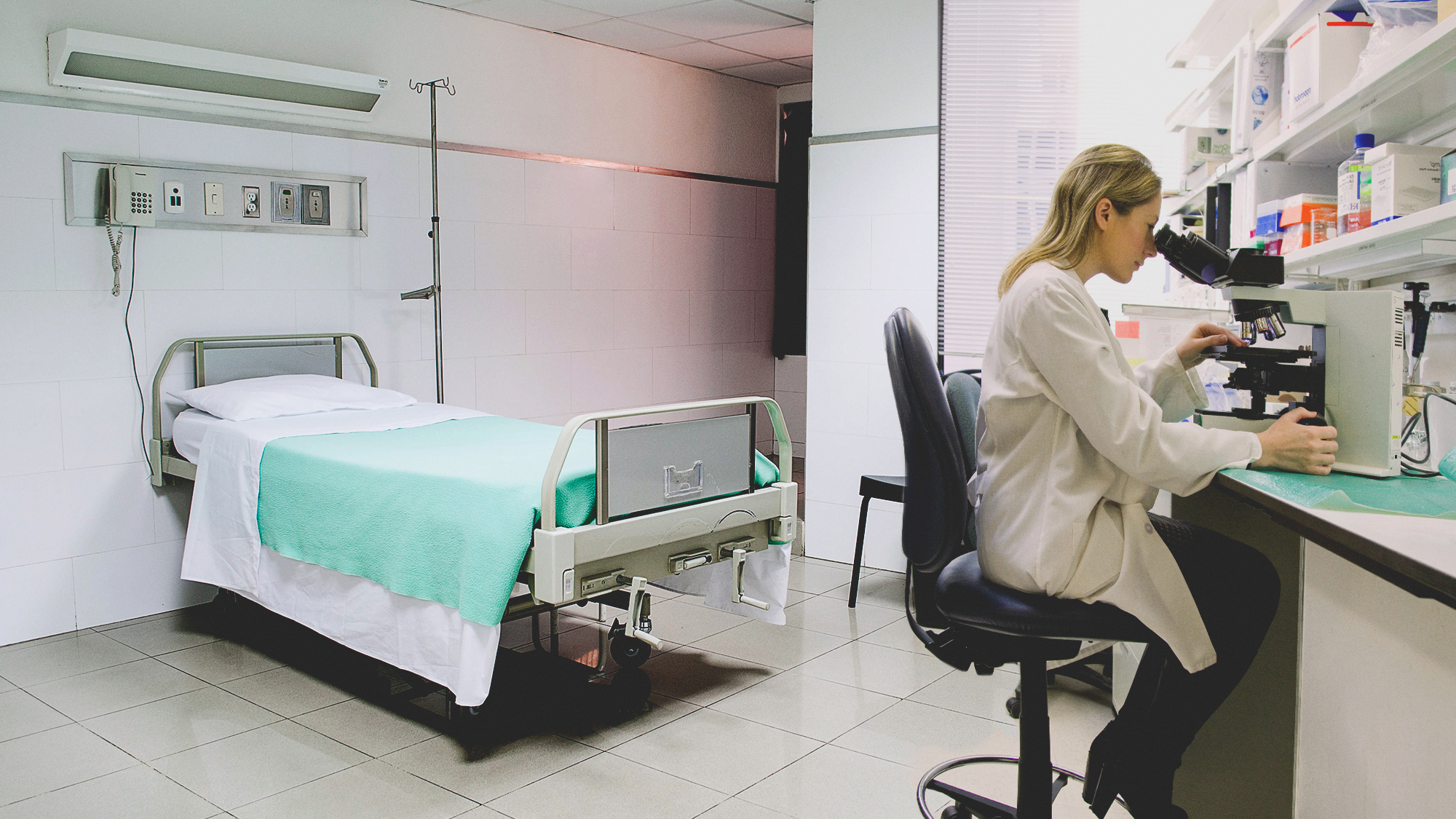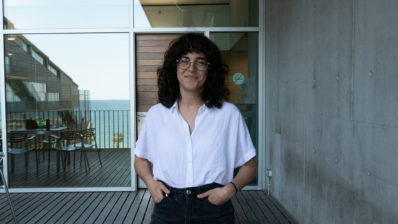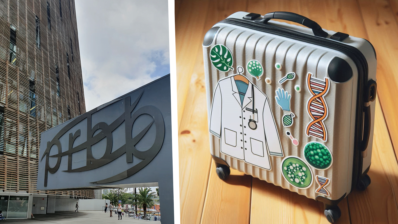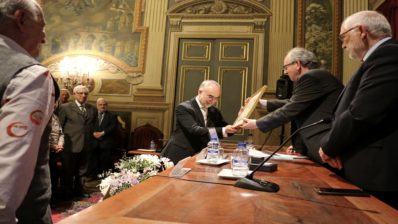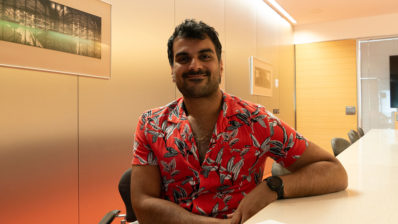Despite rapid advances in biomedical research, new discoveries often don’t find their way to clinical practice. This gap, known as the ‘valley of death’, is what the new European project Emerald wants to help close, by training highly skilled medical scientists.
“Physician-scientists – that is, medical doctors with a PhD in biomedical research – are uniquely placed to overcome this gap through their clinical insights and their scientific knowledge and academic experience”, says Michela Bertero, head of the Scientific and International Affairs (ISA) office at the Centre for Genomic Regulation (CRG) and coordinator of Emerald.
This 4.5-million-euro international PhD program is tailored to medical doctors who want to do cutting edge research in one of 7 leading institutes across Europe, all of them members of EU-LIFE – the CRG amongst them. Moreover, the programme counts on the collaboration of more than 30 partner organizations, including patient associations, universities, hospitals, industries and pharmaceutical companies from ten European countries. The deadline for the first call for applications, with 12 open positions, is November 14th.
“Emerald will help bridge the gap between laboratory research and clinical practice”
Michela Bertero (CRG)
From a local experience to an European-wide initiative
Emerald is the first European-wide physician-scientist training programme, and it’s based on the previous success of the PhD4MD, an innovative programme that in 2018 trained 9 medical doctors in Catalonia. This was launched jointly by the CRG, the Institute for Research in Biomedicine (IRB Barcelona), the August Pi i Sunyer Biomedical Research Institute (IDIBAPS) and the Vall d’Hebron Research Institute (VHIR) in Barcelona. The PhD4MD programme later inspired a similar programme promoted by the Catalan Health Department.
“We hope it will be just the first of such initiatives, triggering other European-wide training activities”, concludes Bertero.

